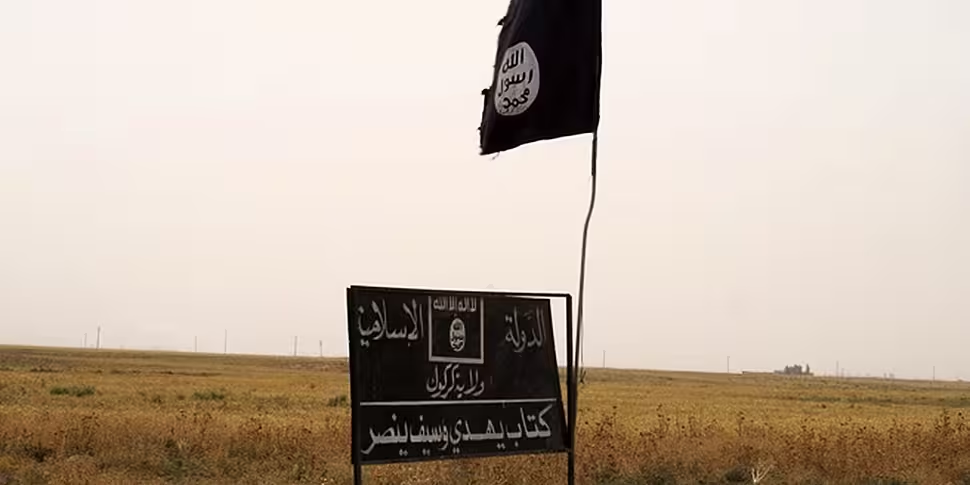A report from British MPs says that tech companies are "consciously failing" to take serious action to stop attempts to promote extremist views.
It says that companies including Google, Facebook and Twitter are "passing the buck" and leaving large swathes of the internet "ungoverned and lawless."
"Networks like Facebook, Twitter and YouTube are the vehicle of choice in spreading propaganda and they have become the recruiting platforms for terrorism. They must accept that the hundreds of millions in revenues generated from billions of people using their products needs to be accompanied by a greater sense of responsibility and ownership for the impact that extremist material on their sites is having," the highly-critical report states.
"There must be a zero-tolerance approach to online extremism, including enticement to join extremist groups or commit attacks of terror and any glorification of such activities," it continues.
The report adds that social media networks are becoming the ‘Wild West’ of the internet - but also notes that Twitter, Facebook, and Google all told the committee they took their responsibilities in the area very seriously and co-operated with security agencies as necessary.
Taking control
Twitter has not commented on the report - but it recently stated that it has removed 360,000 extremist accounts since last summer. Its efforts have been praised by the US State Department and the French interior minister.
YouTube has said, "We take our role in combating the spread of extremist material very seriously. We remove content that incites violence, terminate accounts run by terrorist organisations, and respond to legal requests to remove content that breaks UK law ... We'll continue to work with government and law enforcement authorities to explore what more can be done to tackle radicalisation."
Prof Peter Neumann, an expert in radicalisation from Kings College London, said that the report runs the risk of taking an overly simplistic view of how extremist views are spread. Speaking to the BBC he highlighted the importance of one on one conversations which he says they account for the "vast majority of ISIS recruits."
He ultimately described the Committee's report as "misleading."
Stories
The report also said that 'counter-narratives' need to be created and disseminated to hurt the spread of extreme views.
It also warned that media reporting of terrorism which links it to Islam is feeding into the marginalisation and radicalisation of young Muslims.
Reports are encouraged to use Daesh rather than IS, ISIS or the 'so-called Islamic State.'









